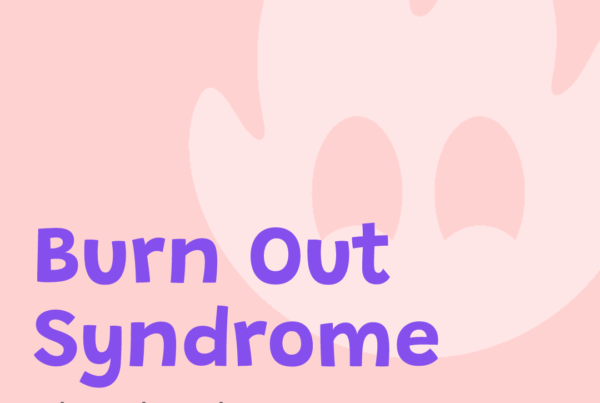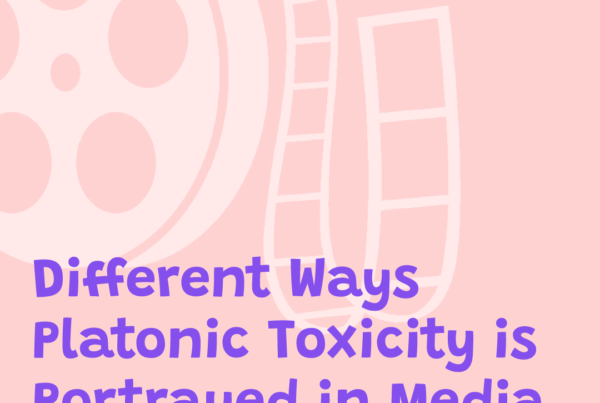In friendships and other forms of platonic relationships it might be hard to figure out who displays toxic behavior. Some people might find it hard to distinguish between feelings of love, friendship and manipulation. Manipulative people are charismatic and are really good at confusing others purposely.
Toxicity in platonic relationships can manifest in various ways.
- Toxic friends often show uncanny interest in a person’s insecurities. It’s easy to feel anxious, insulted or guilty around toxic friends because the person involved never knows where they stand.
- They often use subtle insults, small hurtful comments, and implications that their interests and tastes are superior. This often leads to uncertainty and anxiousness which can corrode the trust of the person involved and make them feel unhappy and uncomfortable.
- Toxic friends often refuse to respect boundaries and try various ways to manipulate into violating boundaries. Encouraging and forcing are different things and toxic friends usually do not have your best interests at heart.
- Some friends are often credited with bringing out the best in you but toxic friends are always putting you down and you do not like who you are when you’re around someone toxic.
- In a toxic friendship, it often feels as if you’re the one doing the most. The friendship operates on the terms of the toxic friend and it might feel as if the friendship is not on an equal footing.
- Talking to toxic friends can make you feel exhausted, drained and self-conscious and thinking about interacting with them can fill you with dread instead of happiness.
- Toxic friends often embarrass you in front of others – they might be unreasonable with their demands and are constantly emotionally manipulative towards you.
- You may find yourself losing trust and faith in the toxic friend, from all the uncertainty. Toxic friends constantly berate you and it’s hard to feel affection and loyalty for a toxic friend in the long term.
Virtually Yours,
People of Nora ♡





